Life
Sign up for our newsletter
We summarize the week's scientific breakthroughs every Thursday.
-
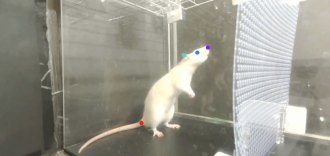 Neuroscience
NeuroscienceRats can bop their heads to the beat
Rats’ rhythmic response to human music doesn’t mean they like to dance, but it may shed light on how brains evolved to perceive rhythm.
-
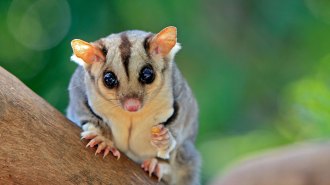 Animals
AnimalsLong considered loners, many marsupials may have complex social lives
Some marsupials may be more sociable than previously thought, opening the door to a possible deep legacy of social organization systems in mammals
By Jake Buehler -
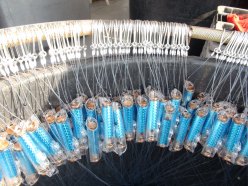 Animals
AnimalsThese devices use an electric field to scare sharks from fishing hooks
SharkGuard gadgets work by harnessing sharks’ ability to detect electric fields. That could save the animals’ lives, a study suggests.
-
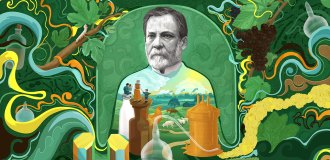 Health & Medicine
Health & MedicineLouis Pasteur’s devotion to truth transformed what we know about health and disease
Two centuries after his birth, Louis Pasteur's work on pasteurization, germ theory and vaccines is as relevant as ever.
-
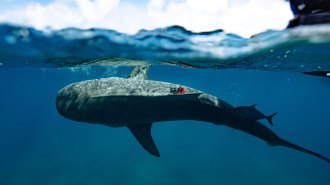 Ecosystems
EcosystemsTiger sharks helped discover the world’s largest seagrass prairie
Instrument-equipped sharks went where divers couldn’t to survey the Bahama Banks seagrass ecosystem.
By Nikk Ogasa -
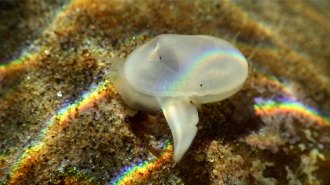 Animals
AnimalsA clam presumed extinct for 40,000 years has been found alive
The reappearance of living Cymatioa cooki clams places it among a group of back-from-the-dead creatures dubbed the Lazarus taxa.
-
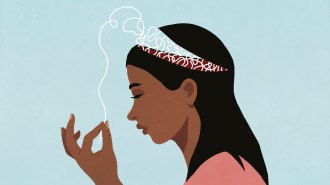 Neuroscience
NeuroscienceNew brain implants ‘read’ words directly from people’s thoughts
In the lab, brain implants can translate internal speech into external signals, technology that could help people who are unable to speak or type.
-
 Plants
PlantsWhy dandelion seeds are so good at spreading widely
Individual seeds on a dandelion flower are programmed to let go for a specific wind direction, allowing them to spread widely as the wind shifts.
-
 Health & Medicine
Health & MedicineDNA is providing new clues to why COVID-19 hits people differently
Age, general health and vaccinations can affect how sick people get with COVID-19. So can genes. Here are new hints of what’s going on in our DNA.
-
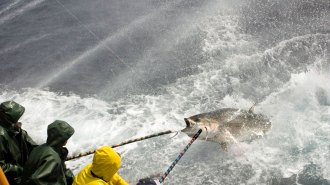 Oceans
OceansSharks face rising odds of extinction even as other big fish populations recover
Over the last 70 years, large ocean fishes like tuna and marlin have been recovering from overfishing. But sharks continue to decline toward extinction.
By Jake Buehler -
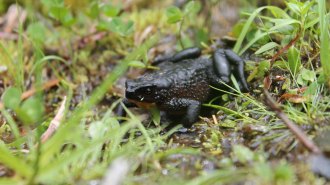 Animals
AnimalsSome harlequin frogs — presumed extinct — have been rediscovered
Colorful harlequin frogs were among the hardest hit amphibians during a fungal pandemic. Some species are now making a comeback.
By Freda Kreier -
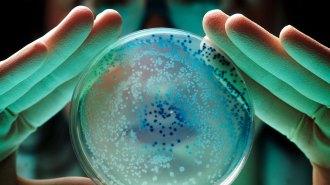 Health & Medicine
Health & MedicineHere’s how mysterious last-resort antibiotics kill bacteria
Scientists are finally getting a grip on how a class of last-resort antibiotics works — the drugs kill bacteria by crystallizing their membranes.
By Elise Cutts